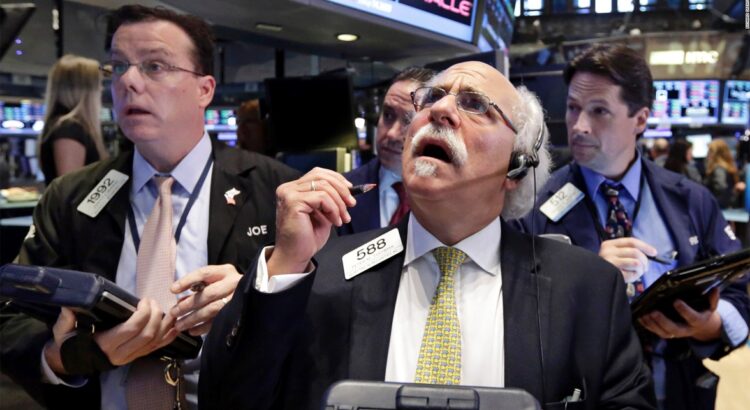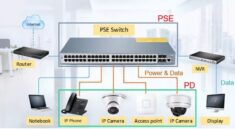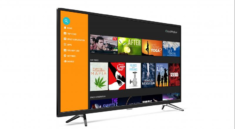The Invesco Emerging Market 50 ADRE Index Fund (“Fund”) seeks to offer investment consequences that correspond typically, before expenses and fees, to a price and capitulate performance of BNY/S&P Mellon Emerging Market 50 ADR Index (the “Index”). The Fund generally holds a minimum of 95{419c66c061ee6425b8107000586c344e902b543e2ba95990e5adb730c7af1d27} of the total assets in the DR, i.e., depositary receipts that comprise an Index. The Index is a capitalization-designed and weighted to track down the actual performance of nearly fifty rising market-based DRs. Fund and an Index are reconstituted and rebalanced quarterly.
The Fund is the “index fund” which goes on to hold publicly traded DRs, flexible United States securities that normally represent the non-United States firm’s publicly traded debt or equity, of a non-United States firms in a specific geographic region or market represented via a particular relevant benchmark BNY/ S&P Mellon ADR Index. You can get more stock news for penny stocks to buy.
Risk and several other Information
Generally, security classifications are utilized in calculating the allocation tables, that are of the final trading day of a month gone by.
There are also risks involved with an investment in the ETFs, including the possible drop or loss of money. The shares are not really managed actively and are subject to risk pretty similar to the stocks, consisting of those regarding the short selling and a margin maintenance needs. Ordinary brokerage’s commissions go on to apply. The return of Funds might not match a return of an Underlying Index. It is the Fund that is subjected to a few other risks. Please look into the current prospectus and there you will get it and for more info regarding the risk i.e., associated with the investment in a Fund.
The depositary receipts consist of numerous same risks as a direct investment in the foreign securities, and the issuers of specific depositary receipts that are under absolutely no obligation in order to distribute the shareholder communication to the holder or to pass through them in case of any voting rights concerning the deposited securities.
Fluctuations
The risk of investing in the securities of a foreign issuer, including the emerging market issuer, may include the fluctuations in other currencies, economic and political instability, and other taxation issues.
The Funds may invest in a foreign market and because foreign exchange may be open on the days when the Fund doesn’t price its share, the value of the non-United States security in the Fund’s portfolio may alter on days if you’ll not be able to buy or sell the shares.
Hopefully, this guide will throw light on NASDAQ: ADRE at https://www.webull.com/quote/nasdaq-adre for more info, you may look over the internet.
Disclaimer: The analysis information is for reference only and does not constitute an investment recommendation.





